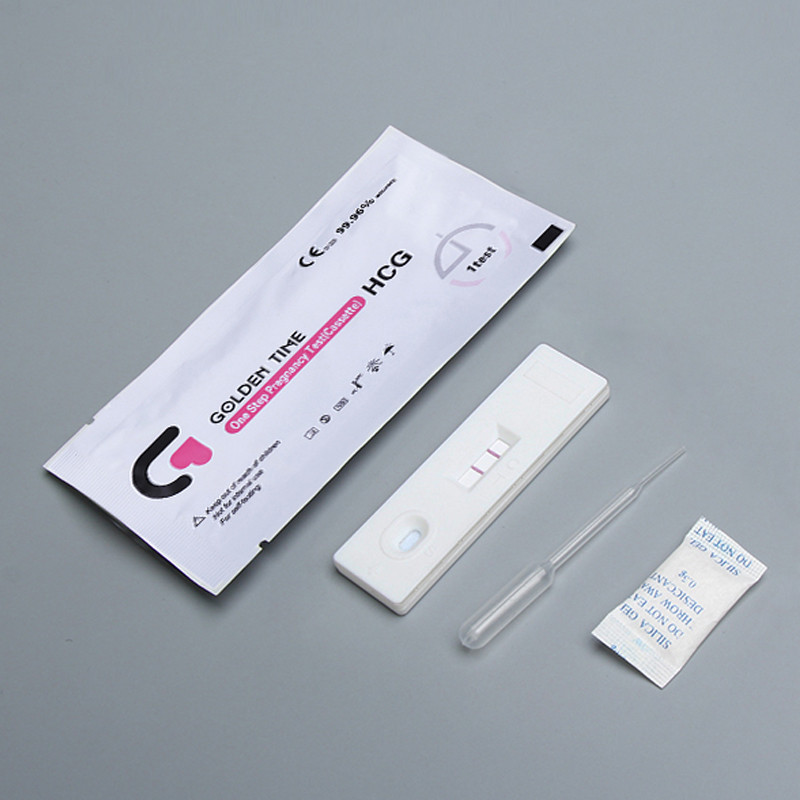វិច្ឆិកា . 04, 2024 16:22 Back to list
Wholesale Fish Testing Solutions and Suppliers for Quality Assurance and Safety Standards
Understanding the Wholesale Fish Test A Key for Manufacturers
The seafood market is intricate, with a growing demand for high-quality fish products. As the industry expands, manufacturers face the increasing pressure to ensure their offerings meet stringent safety and quality standards. One of the pivotal methods employed to achieve these standards is the wholesale fish test. This article delves into what the wholesale fish test entails, why it is essential for manufacturers, and the implications for the seafood market.
What is the Wholesale Fish Test?
The wholesale fish test refers to a series of evaluations and inspections conducted on fish products before they reach the retail market. These tests generally measure various factors, including freshness, quality, composition, and the presence of harmful substances or contaminants. The primary purpose is to ensure that the fish meets the regulatory requirements set forth by health organizations and safety standards.
Key Parameters Assessed in the Wholesale Fish Test
1. Freshness Freshness is paramount in the seafood industry. Tests often include sensory evaluations, such as smell, texture, and appearance, which are crucial indicators of fish quality. A fresh fish should have clear, bright eyes, shiny scales, and a mild odor. Manufacturers must ensure that their products arrive at wholesale markets in peak condition to capture consumer interest.
2. Chemical Residues The presence of chemical residues, including pesticides and heavy metals, poses a significant risk to consumers. Therefore, wholesale fish tests frequently involve laboratory analyses to detect and quantify specific contaminants. This is especially critical in an era where consumers are increasingly health-conscious and aware of food safety issues.
3. Microbiological Safety Bacterial contamination is a major concern in fish products. Testing for harmful bacteria such as Salmonella, Listeria, and Vibrio is vital to prevent foodborne illnesses. Manufacturers must adhere to strict guidelines to limit microbial growth during processing and distribution.
4. Quality Evaluation Assessing the quality of fish also involves ensuring it adheres to species specifications. Fish products must be accurately labeled to prevent misrepresentation, which can lead to legal repercussions for manufacturers. This includes confirmation of fish species, size, and whether it meets the standards of freshness and flavor outlined in regulatory guidelines.
wholesale fsh test s manufacturers

Importance for Manufacturers
For manufacturers, participating in wholesale fish tests is not merely a regulatory requirement; it is a strategic decision that can greatly influence their reputation and financial performance. Failure to meet the requisite standards can result in product recalls, lawsuits, and a loss of consumer trust.
Moreover, passing these tests can serve as a marketing tool. Manufacturers can leverage compliance with wholesale fish tests to differentiate themselves in a competitive market. By showcasing the quality and safety of their products through marketing campaigns, they can appeal to health-conscious consumers and build brand loyalty.
Implications for the Seafood Market
The wholesale fish test is instrumental in shaping the practices and regulations within the seafood market. As consumers demand more transparency regarding the origin and safety of their food, the importance of these tests continues to grow. Manufacturers must keep abreast of changing regulations and evolving consumer preferences to maintain a competitive edge.
Additionally, as sustainability becomes increasingly vital in the seafood industry, wholesale fish tests may evolve to include assessments of fishing practices and sourcing methods. Consumers are showcasing a greater inclination towards sustainably sourced fish, prompting manufacturers to consider not only the quality of the fish but also the ethical implications of their operations.
Conclusion
In conclusion, the wholesale fish test serves as a cornerstone for manufacturers in the seafood industry. By ensuring their products meet quality and safety standards, manufacturers can protect consumers and enhance their market position. As the industry evolves, so too will the significance of these tests, influencing everything from health policies to consumer choices. Thus, understanding and committing to rigorous wholesale fish testing processes is essential for manufacturers aiming for success in the ever-competitive seafood landscape.
-
Rapid BZO Test Kit - Fast & Accurate Benzodiazepines Detection
NewsAug.04,2025
-
China Nylon Flocking Swabs - AI Enhanced Quality Collectors
NewsAug.03,2025
-
Highly Accurate hCG Pregnancy Test Strips - 5 Min Results
NewsAug.02,2025
-
Premium Empty ABS Plastic Cassettes: Durable & Lightweight Storage
NewsAug.01,2025
-
Accurate Cocaine (Coc) Rapid Test Kit | Fast & Reliable Detection
NewsJul.31,2025
-
Accurate HCG Pregnancy Test Strips | Fast Home Use Kit
NewsJul.31,2025

